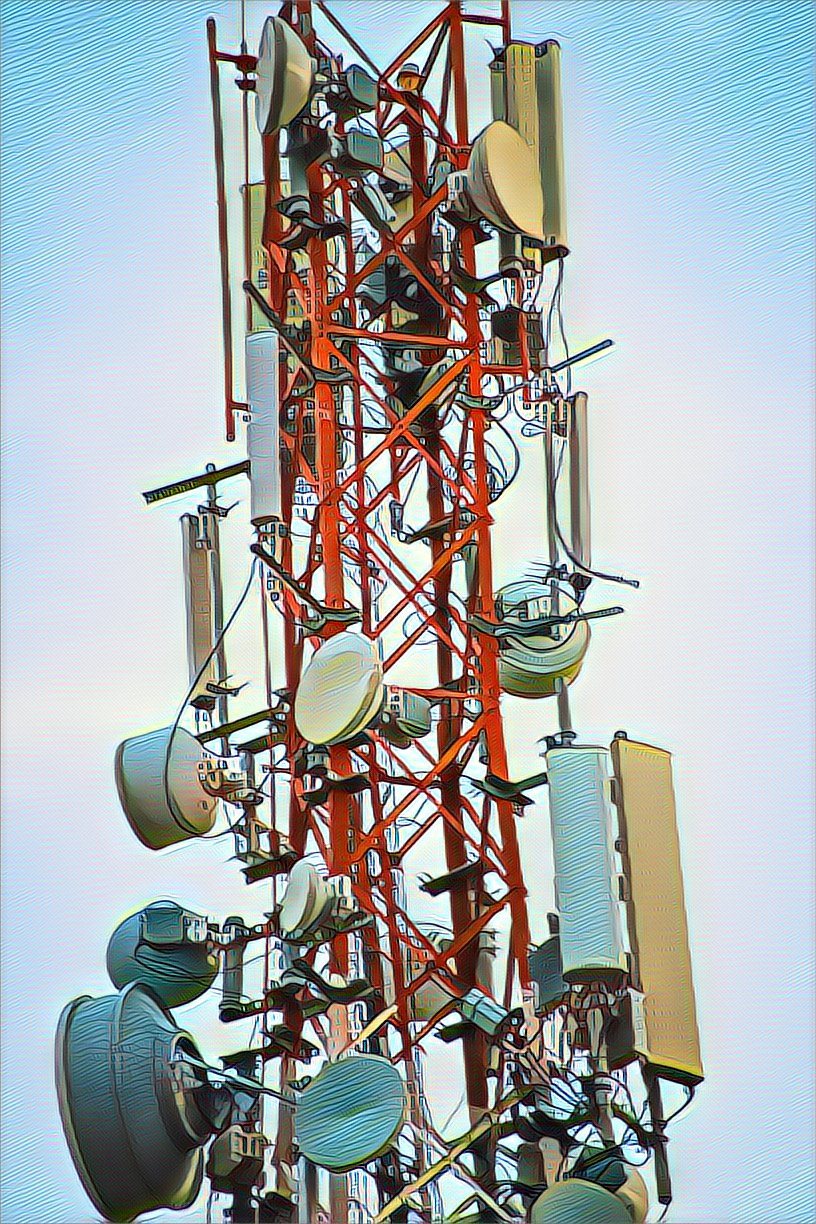The dispute between Nigerian banks and telecommunications operators over the unpaid fees for Unstructured Supplementary Service Data (USSD) services has escalated, as the telcos threaten to withdraw the services and resort to legal action. USSD is a technology that allows customers to access banking and other services through their mobile phones, without the need for an internet connection.
According to the Association of Licensed Telecommunications Operators of Nigeria (ALTON), the banks owe the telcos over N200 billion for the USSD services provided and have refused to pay despite several interventions by the regulators and the government. ALTON said that the debt has been accumulating since 2019 when the telcos first demanded that the banks should pay for the USSD sessions initiated by their customers.
The telcos said that they have received the approval of the Nigerian Communications Commission (NCC) to disconnect the banks from the USSD platforms if the debt is not cleared. This could affect millions of customers who rely on USSD for their banking transactions, especially those without smartphones or internet access. The telcos also hinted at the possibility of taking legal action against the banks to recover the debt.
The banks, on the other hand, have argued that they should not be held liable for the USSD fees, as they are not the beneficiaries of the service. They said that the customers should bear the cost, as they are the ones who use the USSD codes to access the banking services. The banks also claimed that they have been transparent in their charges and that they only deduct fees from customers after a successful transaction.
The Central Bank of Nigeria (CBN) intervened in the matter and set a flat rate of N6.98 per USSD transaction, to be deducted from the customers’ accounts and remitted to the telcos. However, the implementation of this policy has been delayed, as the banks and the telcos have not agreed on the modalities of the collection and remittance.
The USSD debt crisis is one of the challenges facing the telecom sector in Nigeria, which is also burdened by multiple taxes and levies from different levels of government. ALTON said that the telcos are currently paying 52 different taxes and levies, which are affecting their operations and profitability. The telcos have called for a review of the tax regime, and a harmonisation of the charges across the states.
The USSD service is seen as a vital tool for promoting financial inclusion in Nigeria, as it enables millions of people to access banking and other services through their mobile phones. The service is also convenient, fast, and secure, and does not require an internet connection or smartphone. The dispute between the banks and the telcos, if not resolved, could jeopardise the benefits of the service and deprive many customers of their access to financial services.
The NCC, the CBN, and the Ministry of Communications and Digital Economy have been urged to intervene and find a lasting solution to the USSD debt issue, and to ensure that the service is not disrupted or withdrawn. The stakeholders have also been advised to dialogue and reach a compromise that will be fair and acceptable to all parties involved.
Source: Business Day


